Do I Need a Water Filter Before a Water Softener? Making the Right Choice for Your Home
Water quality is a vital consideration for homeowners. Many face challenges related to contaminants, minerals, and impurities in their water supply. Two common solutions to address these issues are water filters and water softeners. But when it comes to improving your water quality, do you need a water filter before a water softener? In this blog post, we’ll explore the factors to consider when making this decision and help you determine the best approach for your specific situation.
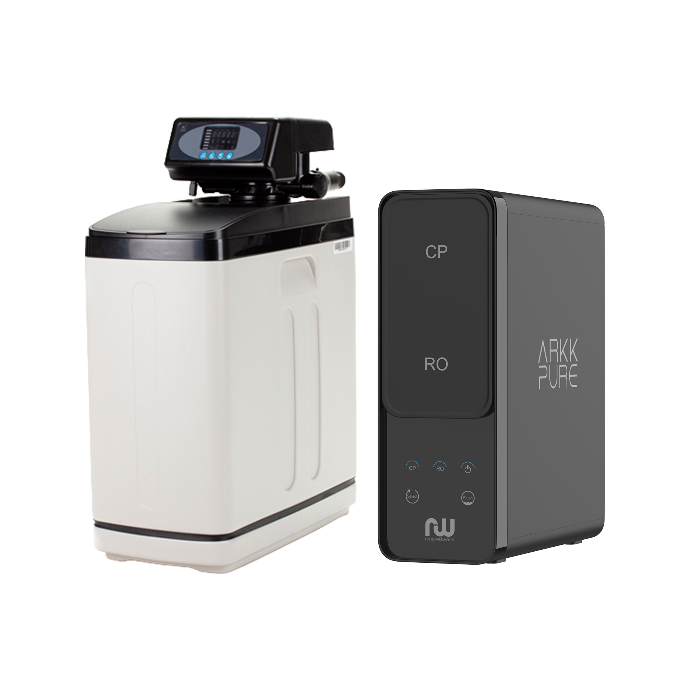
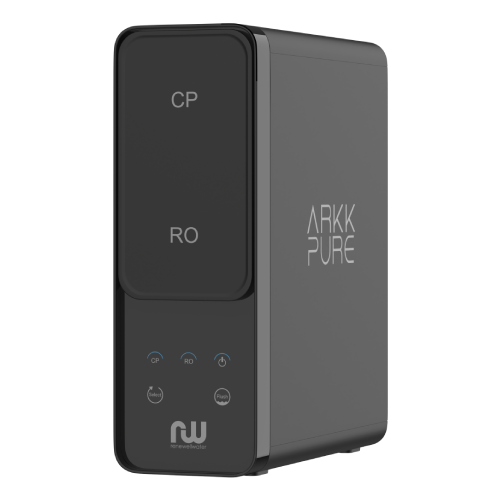
Understanding Water Filters
Water filters are designed to remove impurities, contaminants, and particles from your water supply. These impurities can include:
Water filters come in various types, including activated carbon filters, sediment filters, and UV purifiers. They are highly effective at improving the taste, smell, and appearance of water and removing harmful substances, making water safe for consumption.
Sediment:
Sand, silt, and rust particles that can make water cloudy or gritty.
Chlorine:
Used as a disinfectant in municipal water supplies but can lead to an unpleasant taste and odor.
Volatile Organic Compounds (VOCs):
Used as a disinfectant in municipal water supplies but can lead to an unpleasant taste and odor.
Heavy Metals:
Such as lead, mercury, and arsenic, which can be harmful to health.
Bacteria and Microorganisms:
Harmful pathogens that can cause waterborne illnesses.
Understanding Water Softeners
Water softeners, on the other hand, are specifically designed to address water hardness, which is caused by high levels of calcium and magnesium ions in the water. Hard water can lead to scale buildup in pipes, appliances, and fixtures. Water softeners use an ion-exchange process to replace calcium and magnesium ions with sodium or potassium ions, effectively reducing water hardness.
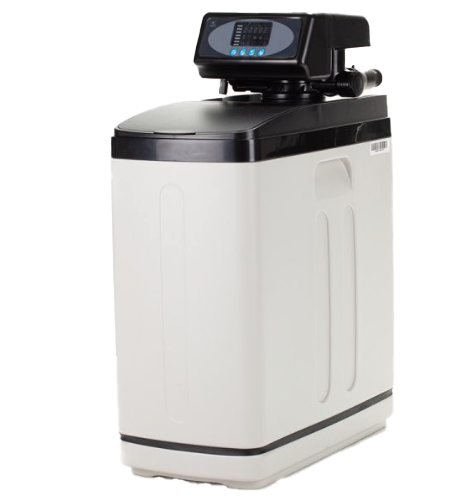
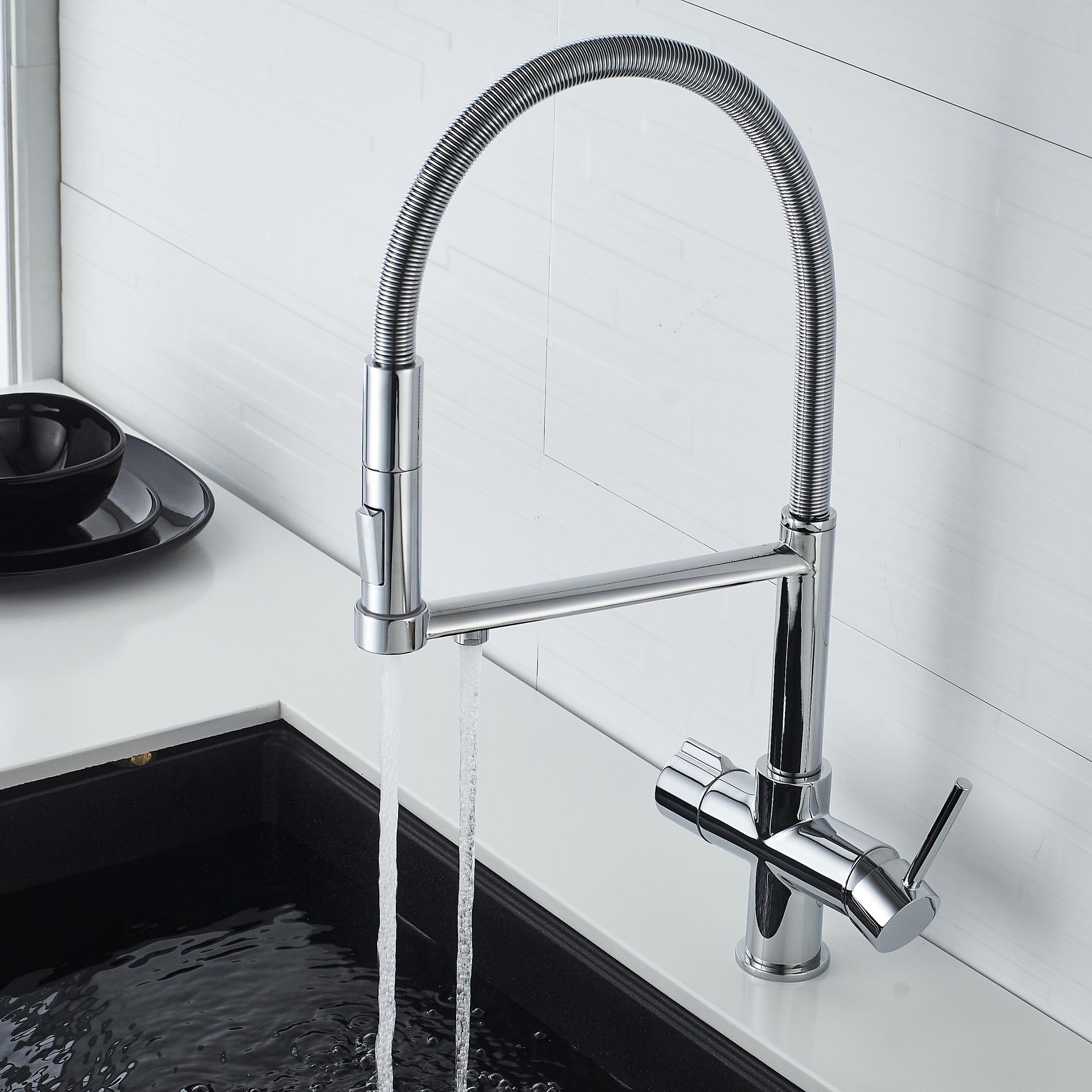
Water Quality:
Assess the quality of your water supply. If you have issues with contaminants, odors, or taste, a water filter can help improve these aspects. However, water filters do not address water hardness.
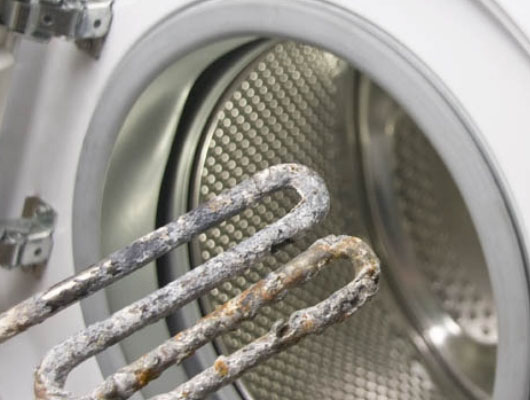
Water Hardness:
Determine the level of water hardness in your area. If you have hard water, a water softener is essential to prevent scale buildup and extend the lifespan of your appliances.

Budget:
Budget constraints may influence your decision. Water softeners tend to be more expensive to purchase and maintain than water filters. Evaluate your budget to determine what you can afford.
Goals:
Consider your primary goals. If you want to ensure safe and pleasant-tasting drinking water, a water filter may be sufficient. But if you also want to protect your plumbing and appliances from the effects of hard water, a water softener becomes necessary.
In conclusion, the need for a water filter before a water softener depends on your specific water quality issues and goals. If you’re dealing with impurities, contaminants, or unpleasant tastes and odors in your water, a water filter can be an excellent addition to your home. However, if you’re also facing issues with water hardness, a water softener becomes essential to prevent scale buildup and protect your plumbing and appliances.
Ultimately, the ideal solution may involve both a water filter and a water softener, depending on your water quality concerns. It’s crucial to assess your water quality, set your priorities, and consider your budget when making this decision. By doing so, you can ensure that you have clean, safe, and soft water in your home that meets all your needs.
Do I Need A Water Filter Before A Water Softener?